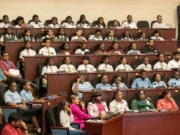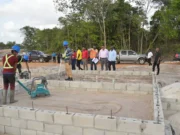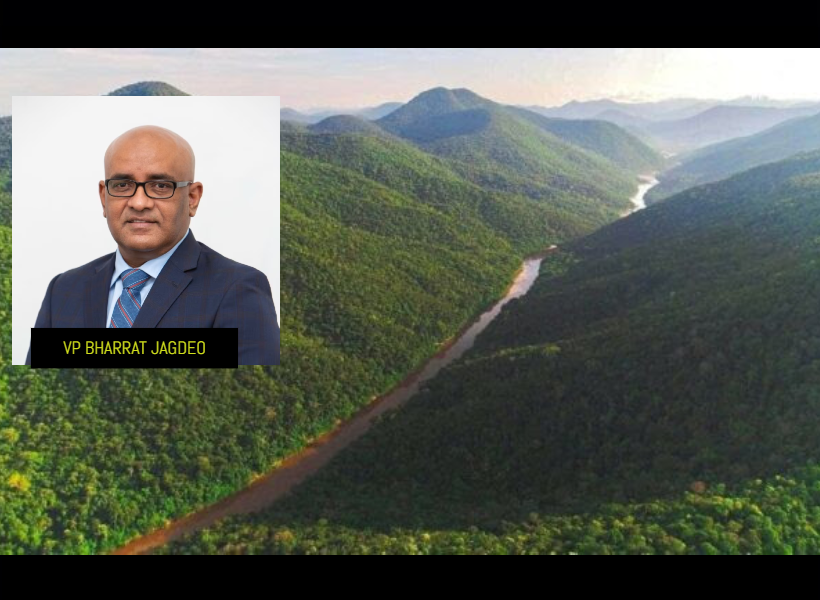– Guyana to take “strong positions”
This year’s Conference of Parties (COP29) promises to address matters relating to one of, if not the most pressing issue affecting developing nations: financing for vulnerable States grappling with climate change. At that forum, Guyana is expected to stand strong in representation for itself and other countries that are largely ill-prepared to deal with the worsening effects of climate change.
When world leaders meet at Baku Stadium, Azerbaijan they are expected to agree on how much money should be set aside each year to help developing countries cope with climate-related costs.
Countries need to invest trillions of dollars to build clean-energy systems, prepare for an increasingly hotter world and deal with the aftermath of climate change- fuelled disasters.
“We intend to take strong positions,” is what Vice President, Bharrat Jagdeo told the media as he confirmed that Guyana will be properly represented in Azerbaijan.
Jagdeo said that these strong positions are not strange or unknown to the Guyanese public. “They will be in support of developing and vulnerable countries in the Caribbean. We will be pressing for more financial aid to the countries for adaptation and mitigation.
Signalling his hope for real commitment, Jagdeo said that the success of COP29 will be judged on how it moves the needle further right for those countries in need of help adapting to climate change. “It is clear to everyone what is at stake. The world is on a trajectory, at current policy levels, to get to maybe about 3.1 degree Celsius rise above pre-industrial level. That is at current policy.”
Jagdeo explained that even if the world fully implements all the pledges made under the Paris Agreement, this will only secure the achievement of a 2.6 degree rise above pre-industrial levels.
He noted that a 1.5 degree rise above pre-industrial level is required to avoid catastrophic change. He asserted that clearly, even with the pledges “we are way off target and without additional pledges, the world is threading dangerously.”
“We are passing the tipping point,” Jagdeo stressed as he noted evidence of this in several parts of the world. “In the polar region, the ice sheets are melting, there are already changes in ocean current, and these can have devastating consequences for the world, particularly the developing world with limited capacity to adapt to those changes. It is a dangerous time for the world.”













